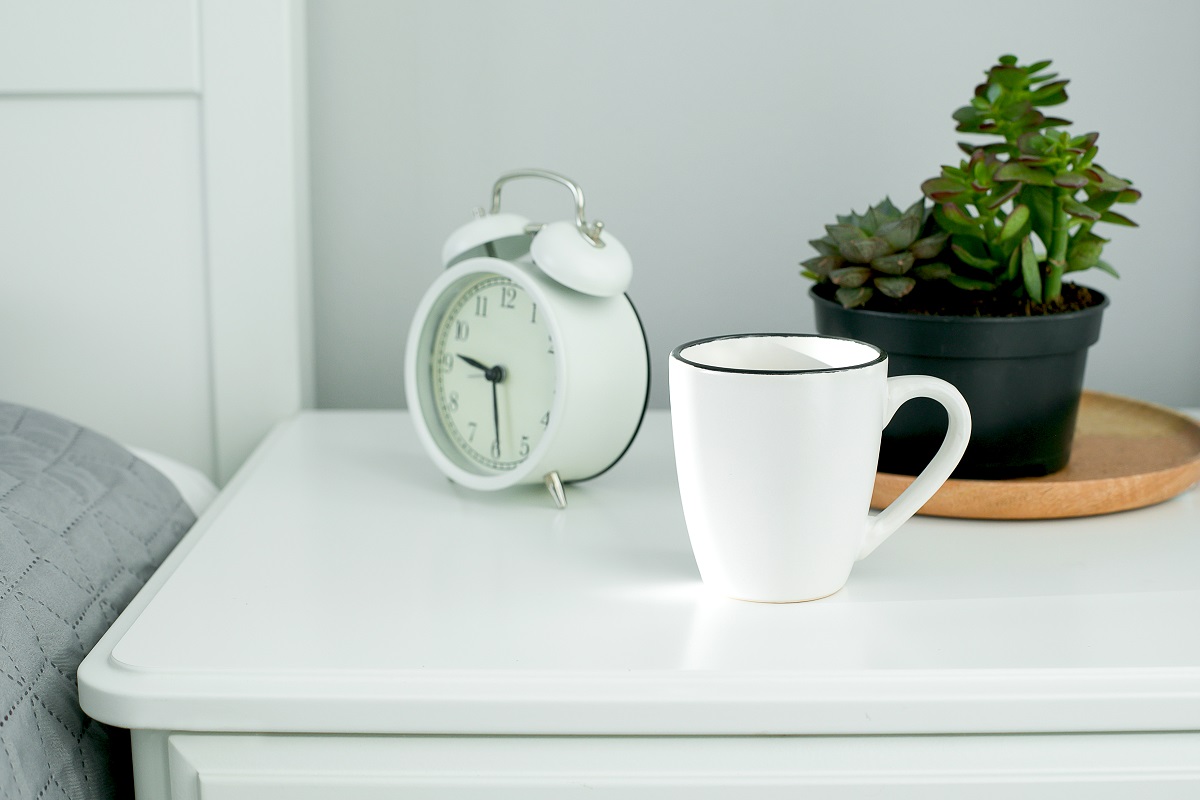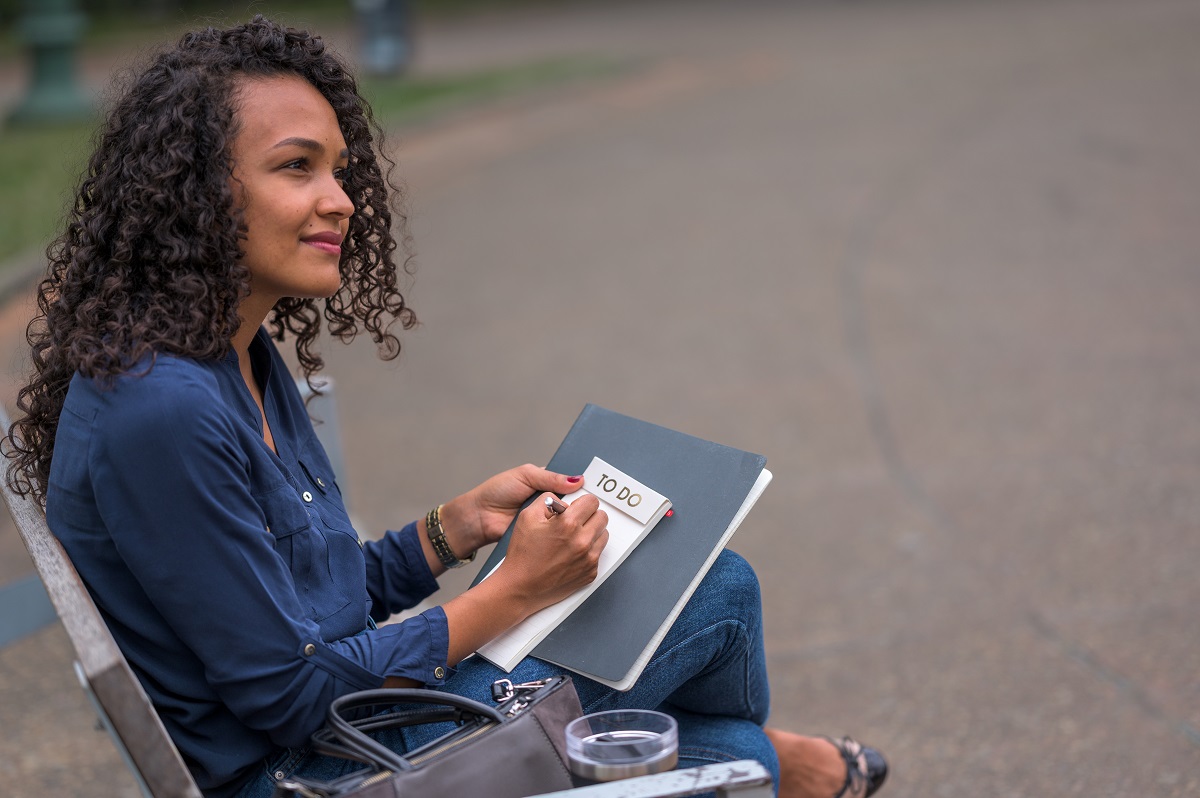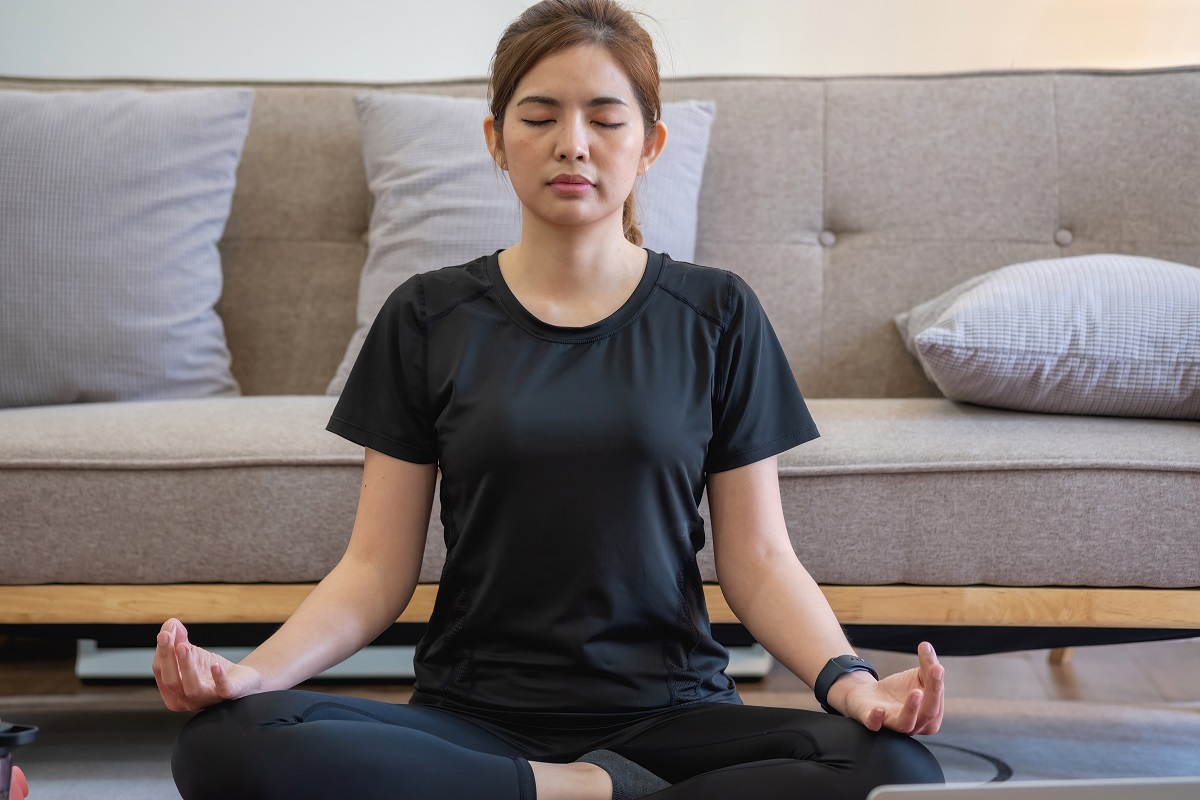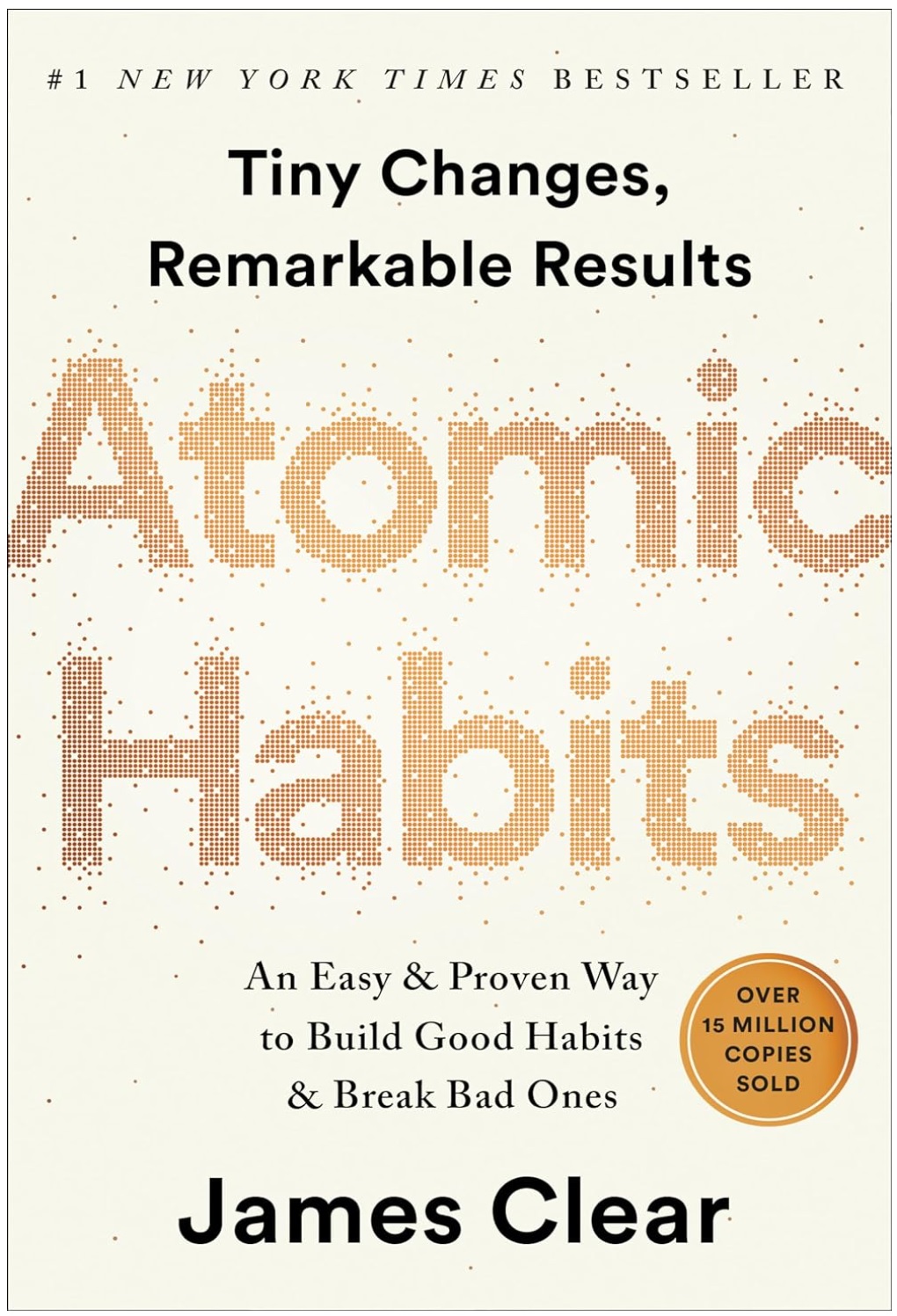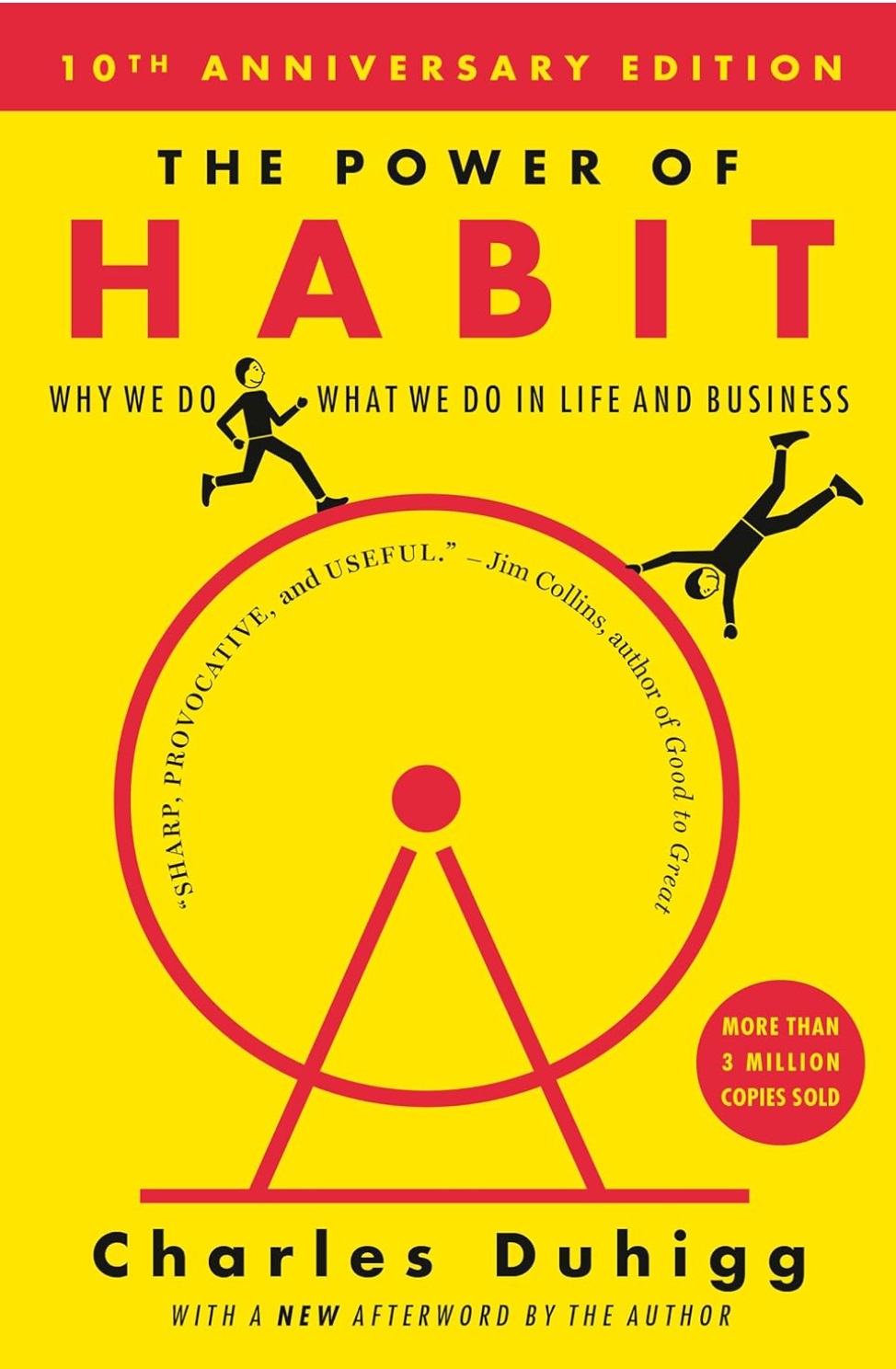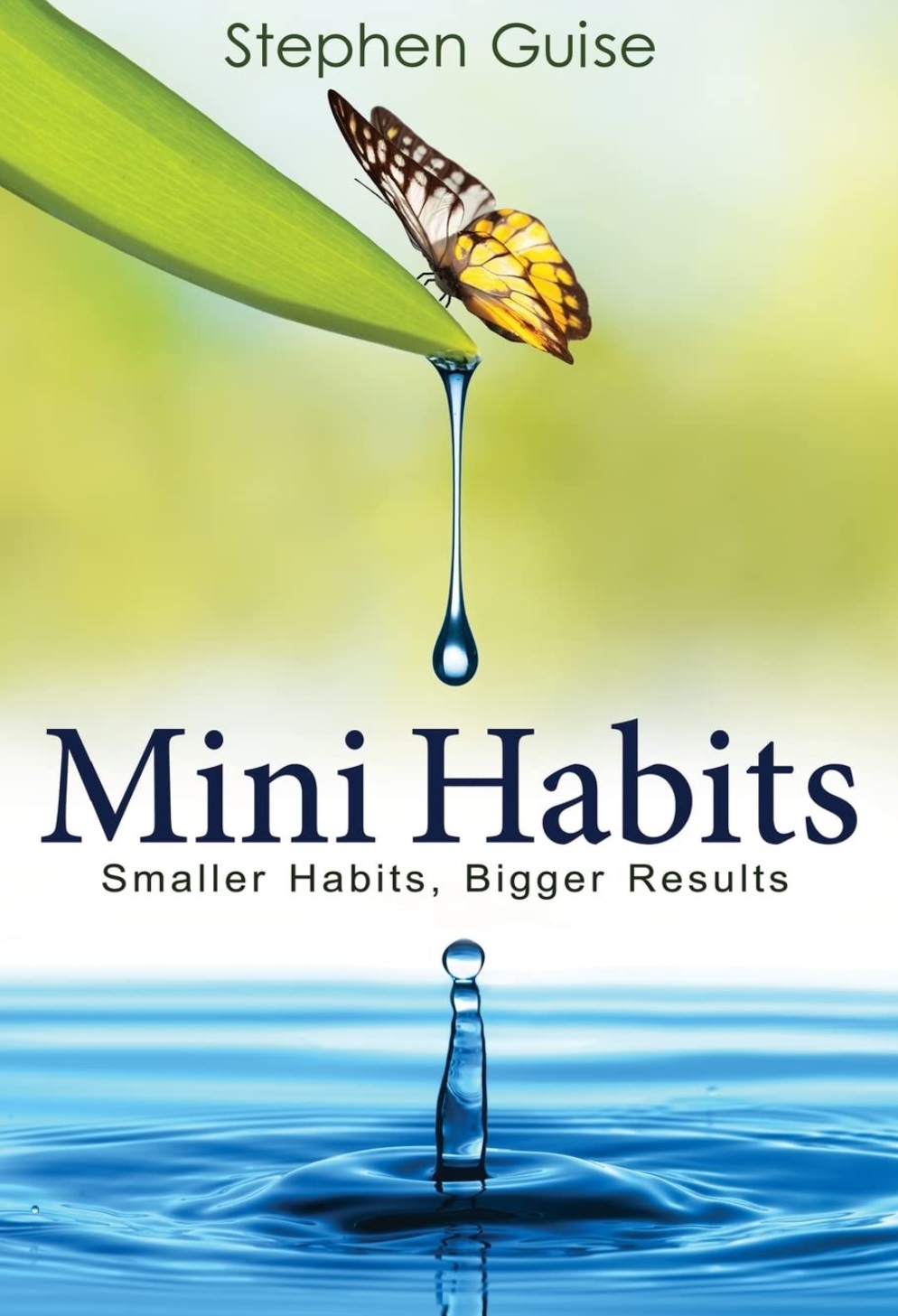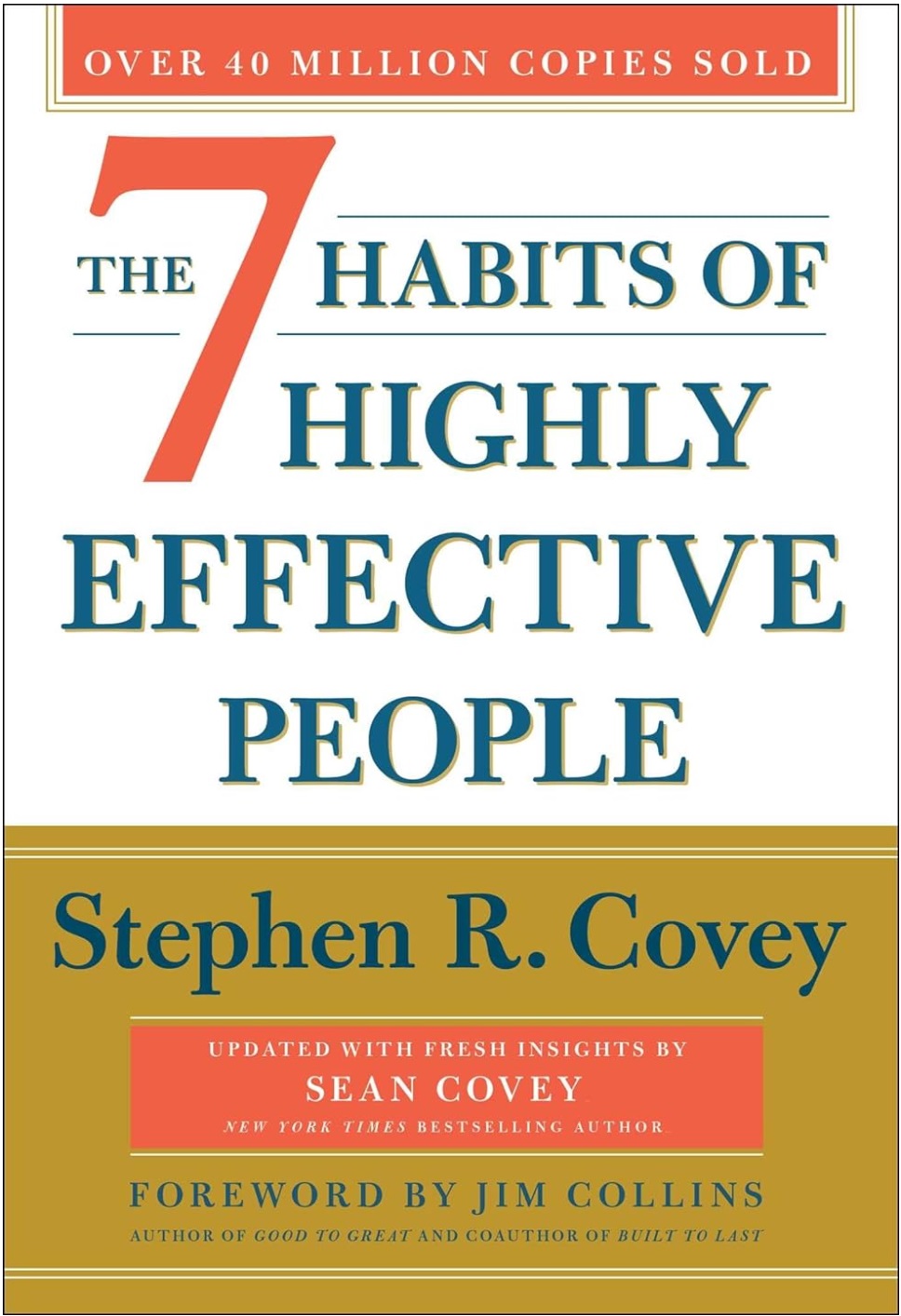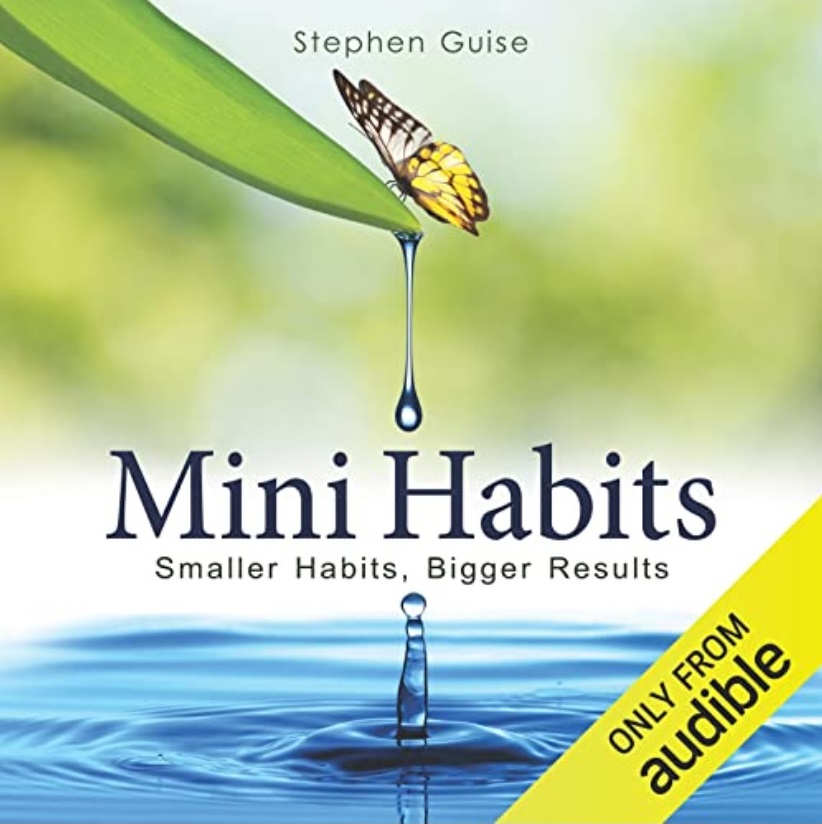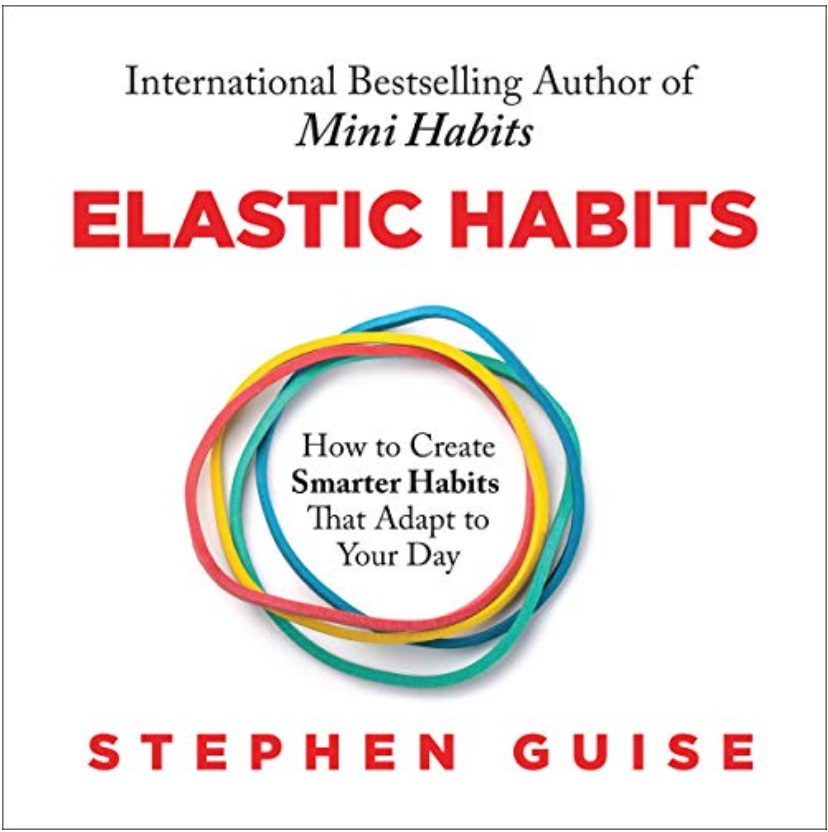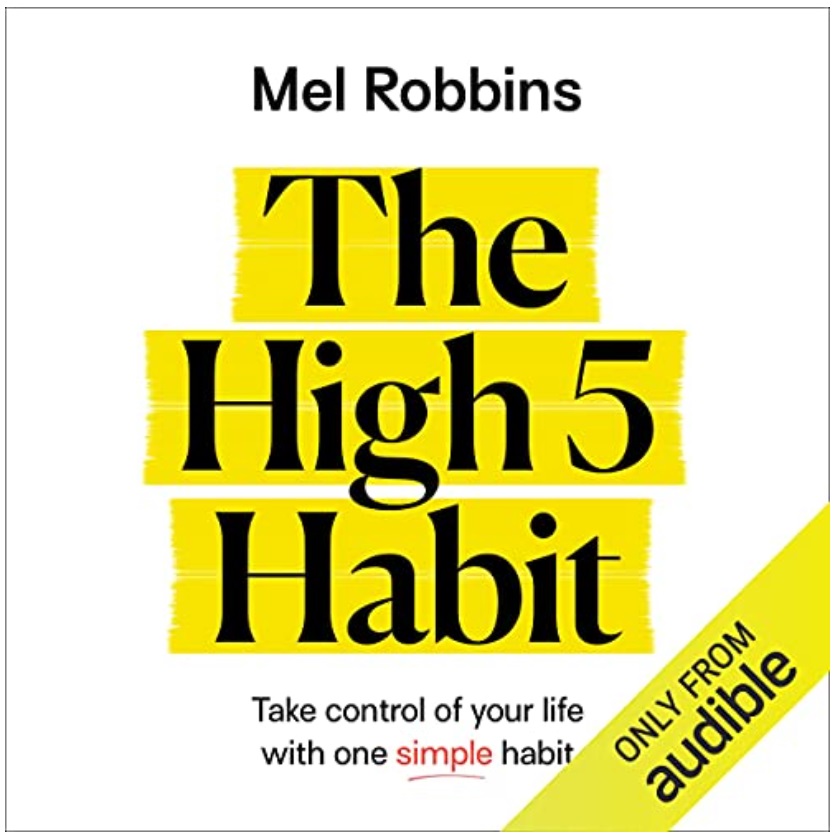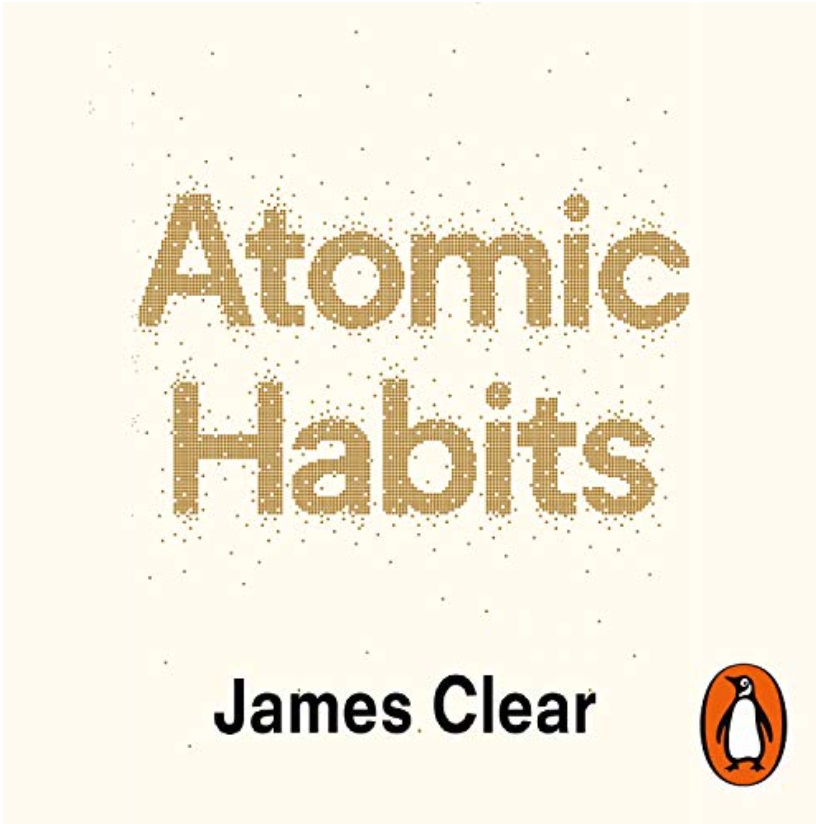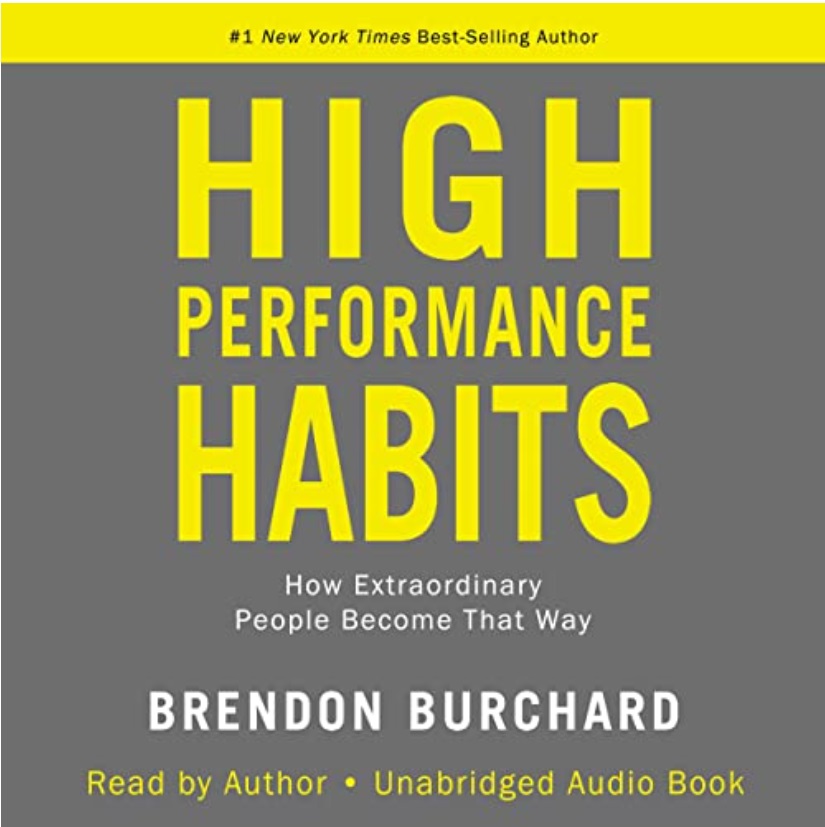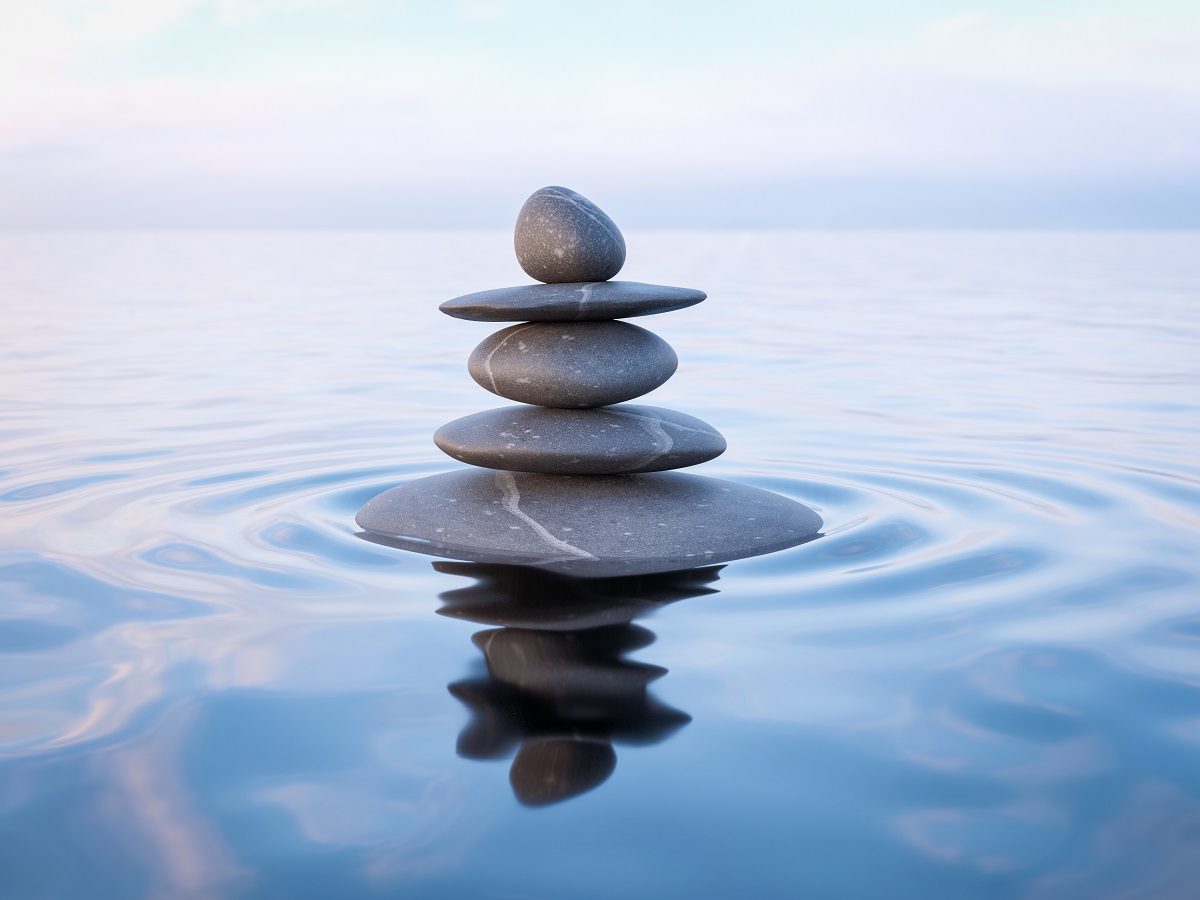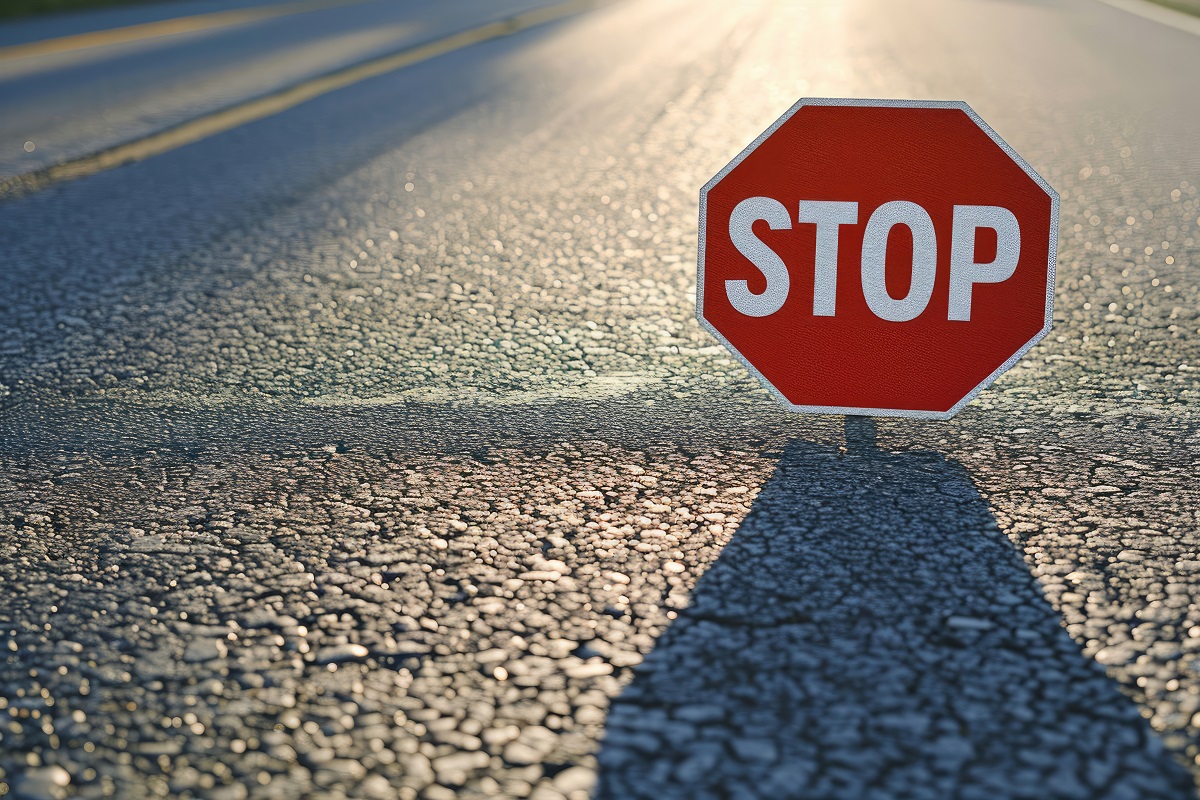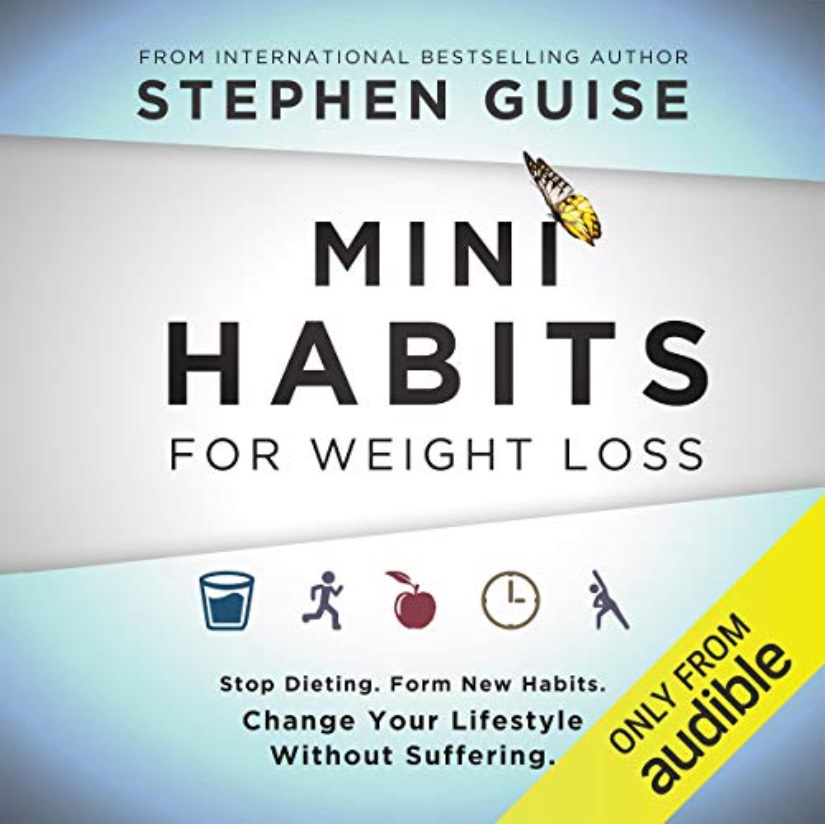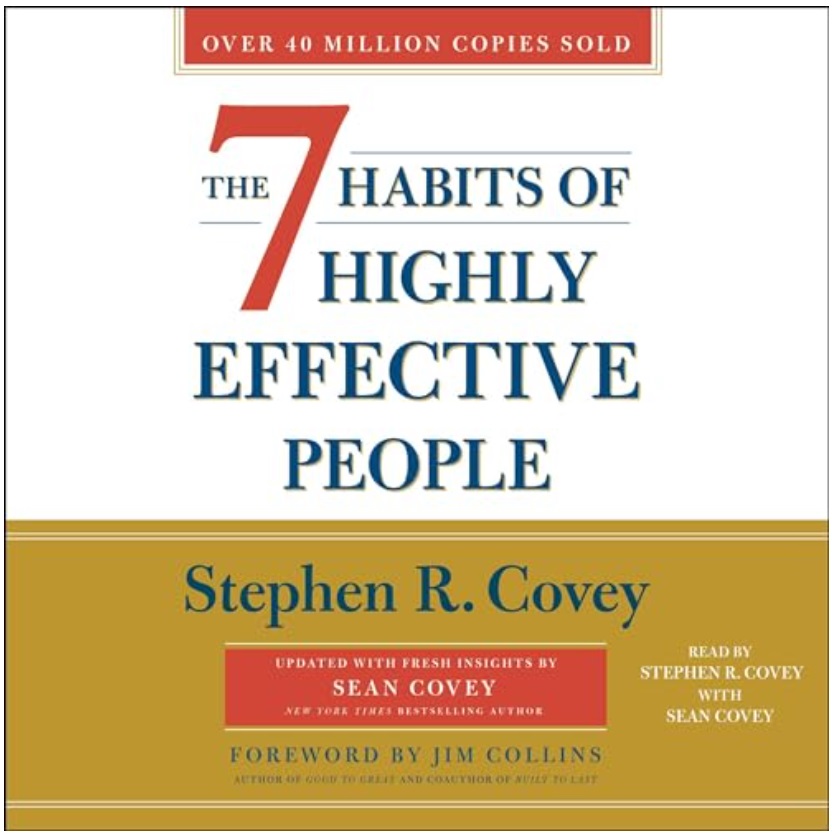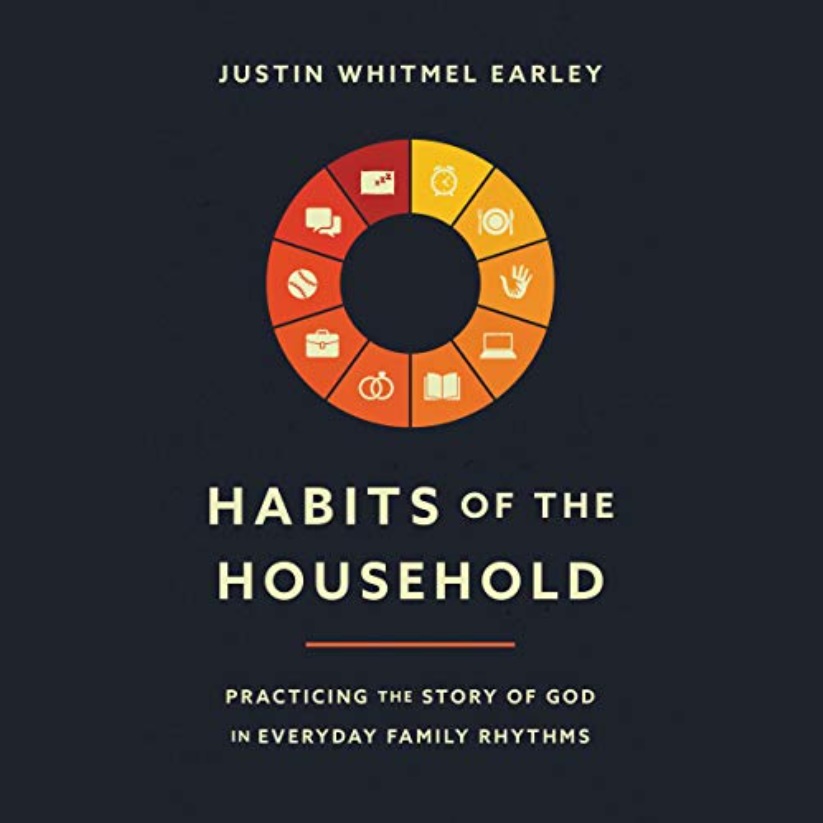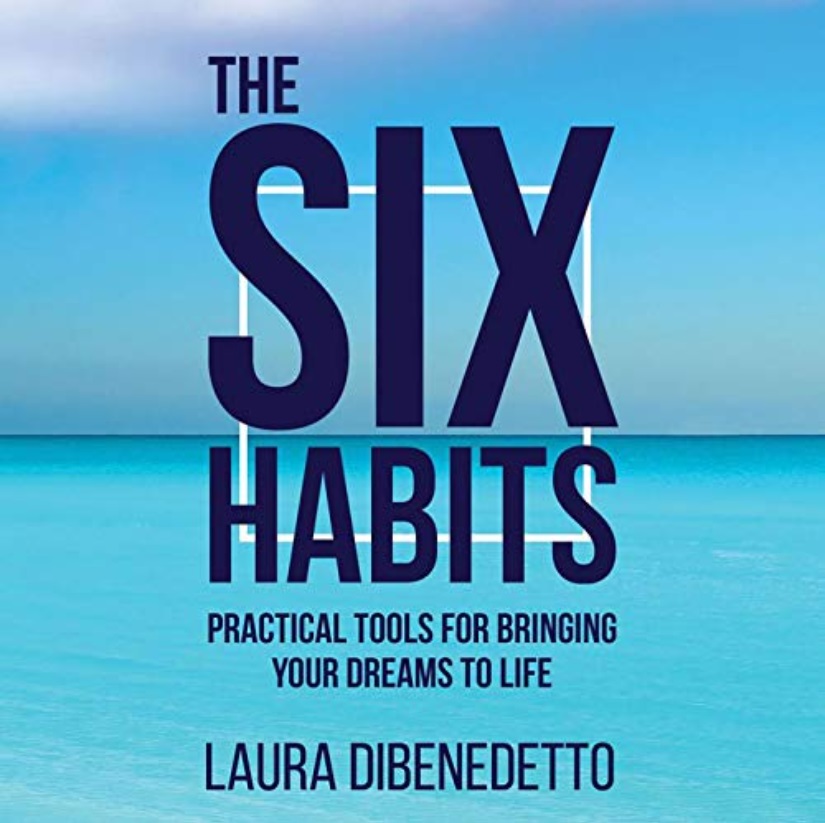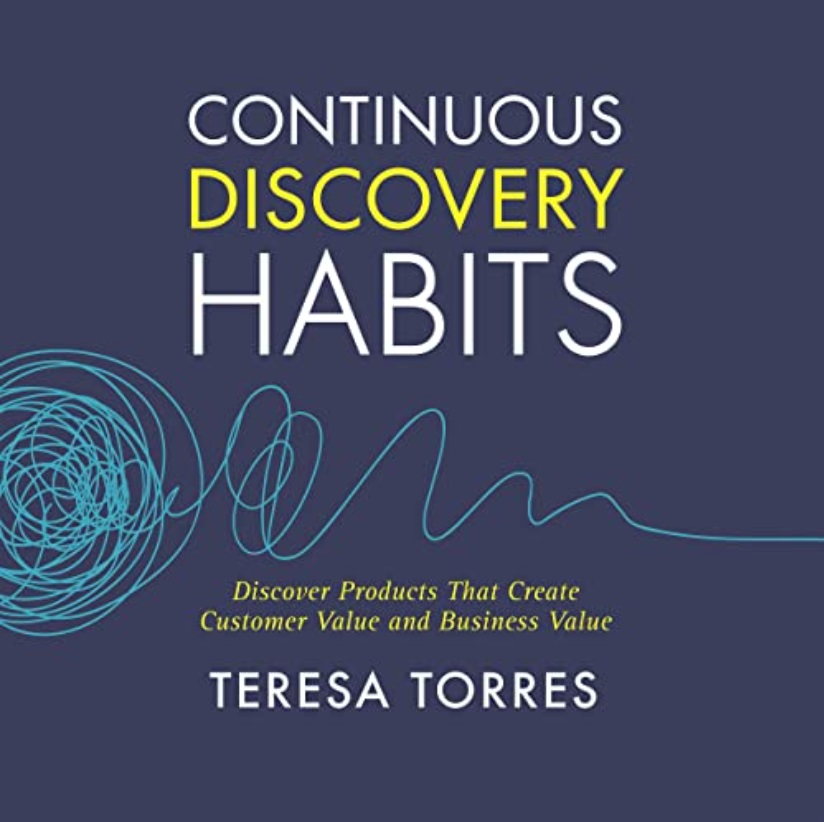- WHAT YOU'LL LEARN IN THIS ARTICLE
- Evening reflection rituals such as journaling, stillness, and visualization help you process the day, clear your mind, and prepare for restful sleep.
- Small and consistent practices, even if only a sentence or a breath, provide clarity, release, and emotional balance before bed.
- Over time, evening rituals build self-awareness, ease the transition into rest, and create a peaceful mindset for the following day.
How do you usually end your day? Do you collapse into bed exhausted, scrolling through your phone until your eyes finally shut? Or do you lie awake replaying every conversation, worrying about tomorrow, and struggling to quiet your mind? I’ve been there many times, and I know how draining it feels. The truth is, the way we close our day has just as much impact as the way we start it.
Evening reflection rituals are like a gentle landing at the end of a long flight. Instead of crashing into sleep, you guide yourself into rest with peace and clarity. Reflection at night gives you a chance to process the day, release what no longer serves you, and prepare your mind for tomorrow with a sense of calm.
In this post, I’ll share practical evening reflection habits that bring insight, emotional balance, and better sleep. I’ll also share how I personally use these practices in my life, because for me, the evenings I reflect are always the evenings I feel more at peace.
Let’s create evenings that feel restorative instead of restless.
Table of Contents
ToggleWhy Evening Reflection Matters
Evening reflection is more than winding down; it’s about making sense of your day so you can let it go and rest well.
Processing the Day
Without reflection, the experiences of the day often pile up in our minds. I’ve noticed that on nights when I don’t pause, I carry unresolved thoughts into sleep, which leaves me restless. But when I journal or reflect, it feels like I’ve tidied up my inner desk before bed.
Even a few minutes of reflection can help you process emotions, celebrate wins, and learn from challenges. It’s like clearing your mental inbox before turning in for the night.
Reflective Question: What parts of today feel complete, and what do I need to release before I sleep?
Building Self-Awareness
Evening reflection is also a chance to build self-awareness. When I review my day, I often notice patterns I wouldn’t otherwise see. Maybe I was short-tempered after skipping lunch, or maybe I felt more energized after connecting with a friend. These small insights help me understand myself better and make better choices moving forward.
Reflection doesn’t have to be heavy; it’s simply paying attention. The more we notice about ourselves, the more intentional we can be.
Reflective Question: What patterns about myself did I notice in how I acted, felt, or responded today?
Preparing for Rest
Lastly, evening reflection prepares the body and mind for rest. When I take time to slow down with gratitude or calming thoughts, I fall asleep faster and sleep more deeply. Without it, I often toss and turn, my mind replaying unfinished thoughts.
Think of evening reflection as emotional hygiene, like brushing your teeth but for your mind. It clears away the clutter and leaves you ready for restful sleep.
Reflective Question: What can I reflect on tonight that will bring me peace as I drift into rest?
Journaling as an Evening Ritual
Journaling is one of the most powerful tools for evening reflection. Writing helps you capture the day, release emotions, and make space for rest.
Celebrating Wins
At night, I like to write down a few wins from the day. These don’t have to be big; sometimes my win is “I stayed calm during a stressful meeting,” or “I made time for a walk.” Writing them down gives me a sense of accomplishment and helps me end the day on a positive note.
I’ve found that this habit builds self-confidence. Over time, you see proof that progress is happening in small ways, even on tough days.
Reflective Question: What small or big wins can I celebrate from today?
Learning From Challenges
Journaling is also a safe place to reflect on challenges. Instead of replaying mistakes in my head, I write about them. I ask myself, “What can I learn from this?” By putting it on paper, I often see the situation with more perspective.
For example, once I wrote about snapping at someone when I was tired. Seeing it on the page made me realize my irritability wasn’t about them at all; it was about my lack of sleep. That insight helped me handle future situations better.
Reflective Question: What challenged me today, and what can it teach me moving forward?
Gratitude Journaling
Ending the day with gratitude shifts your focus from what went wrong to what went right. Each night, I write down three things I’m thankful for. Sometimes it’s something big, like my health, and other times it’s small, like the kindness of a stranger.
Gratitude journaling leaves me with a warm feeling before bed, and research shows it improves well-being and sleep. For me, it’s like tucking myself into bed with positive thoughts instead of worries.
Reflective Question: What am I grateful for tonight, and how does it make me feel?
Reflection Through Stillness
Reflection doesn’t always require writing; sometimes it comes through quiet and stillness.
Meditation Before Bed
One of my favorite evening rituals is a short meditation before sleep. I sit or lie down, close my eyes, and focus on my breathing. Sometimes I silently repeat calming words like “peace” or “rest.”
This practice helps me let go of the day’s tension. On nights when I meditate, I notice I fall asleep more easily and wake up feeling more refreshed.
Reflective Question: What happens when I allow myself a few minutes of stillness before sleep?
Gentle Breathing Exercises
Another ritual I use is deep breathing. I’ll take a slow inhale for four counts, hold for four, and exhale for six. This not only relaxes my body but also gives me space to reflect. I might ask myself, “What am I holding on to that I can release with this breath?”
Even a few minutes of conscious breathing can shift your state of mind from stressed to calm.
Reflective Question: What thoughts or feelings can I let go of as I exhale tonight?
Mindful Review of the Day
Sometimes, I simply close my eyes and mentally review the day. I walk through the events in order, not judging but noticing. As I do, I often see things I hadn’t considered. Maybe I notice a kind interaction that I overlooked, or I realize how often I rushed.
This simple practice often brings both peace and insight. It helps me appreciate the good and learn from the less-than-ideal moments.
Reflective Question: When I review my day with mindfulness, what stands out to me the most?
Reflection Through Rituals of Release
Evening reflection is also about letting go. Rituals of release can help you end the day feeling lighter.
Writing and Letting Go
Sometimes I’ll write down a worry or lingering thought on a scrap of paper, then tear it up. It might sound small, but it’s surprisingly powerful. It’s like telling my mind, “I’ve acknowledged this; now I don’t have to carry it into sleep.”
Reflective Question: What thought or worry can I write down and release tonight?
Visualization for Release
Another practice I use is visualizing letting go. I imagine placing my worries in a balloon and watching it float away. This mental image helps me release what I can’t control.
I once used this after a stressful day at work, imagining my unfinished tasks floating away until tomorrow. It gave me permission to rest without guilt.
Reflective Question: What can I picture myself releasing tonight so I can rest with peace?
Creating a Physical Ritual
Sometimes physical rituals help with mental release. For example, I might tidy up my space, light a candle, or take a warm shower. These simple acts signal to my brain that the day is complete.
On nights when I clear my desk or put away clutter, I feel more relaxed. The outer order helps create inner calm.
Reflective Question: What small physical ritual can I use to mark the end of today?
Deepening Evening Reflection
Once you’ve established the basics of journaling, gratitude, or mindful review, you can take your practice further. Evening reflection is not about adding complexity; it is about creating depth.
Intention Setting for Tomorrow
One of the most effective evening rituals I use is setting an intention for the next day. Before I close my journal, I write a short sentence about how I want to approach tomorrow. Sometimes it is practical, like “I will focus on one task at a time.” Other times it is more emotional, such as “I will be gentle with myself.”
I have noticed that when I set these intentions at night, I wake with greater clarity. The mind seems to carry them quietly into the morning. This ritual gives me a sense of continuity, as if today’s reflection passes the torch to tomorrow.
Reflective Question: What quality or focus do I want to carry into tomorrow?
Evening Affirmations
Affirmations are not just for the morning. Saying or writing a short positive phrase before bed can steady your mind. For example, I have written, “I did my best today, and that is enough.” Other times, I say, “I am ready to rest; tomorrow is a new day.”
At first, I thought affirmations felt unnatural. But over time, they became grounding reminders. They help me close the day with self-compassion instead of judgment.
Reflective Question: What words of reassurance can I offer myself tonight?
Visualization for Rest
Visualization can also be part of evening reflection. I sometimes picture the day being folded neatly into a box and set on a shelf, waiting for tomorrow. Other times, I imagine a calm place, like a quiet forest or a gentle shoreline.
This ritual gives my mind something steady to focus on as I drift into sleep. It turns restless thoughts into calming images.
Reflective Question: What peaceful image can I hold in my mind as I prepare for rest?
Overcoming Challenges in Evening Reflection
Evening reflection can feel difficult, especially when you are tired or distracted. Recognizing common challenges helps you prepare for them.
Tiredness at the End of the Day
There are nights when I feel too tired to reflect. I used to skip it altogether, but I realised that even a brief reflection is valuable. Now, if I am exhausted, I simply write one line: “Today I am grateful for…” or “One lesson from today is…”
This keeps the habit alive without requiring effort I do not have. Consistency, even in small forms, matters more than length.
Reflective Question: If I have little energy, what is the smallest reflection I can still do tonight?
Distraction by Devices
Another challenge is being pulled into screens at night. I have lost entire evenings to scrolling, leaving me restless instead of reflective. What helps me is setting a boundary. I keep my journal on my nightstand and use it before I touch my phone.
Some nights, I replace screen time with a reflection ritual like mindful breathing. It is a trade that always feels better.
Reflective Question: How can I create space away from devices for reflection before bed?
Facing Difficult Emotions
Sometimes reflection brings up feelings I would rather avoid. There were evenings when writing about my day uncovered anger or sadness, and I felt unsettled. I learned that reflection is not about fixing everything instantly; it is about acknowledging.
When difficult emotions arise, I remind myself to be gentle. I might write, “I am carrying this feeling tonight, but it does not define me.” Reflection becomes a safe space, not a burden.
Reflective Question: How can I acknowledge difficult emotions tonight without judgment?
Personal Stories of Evening Reflection
To make this more practical, here are a few examples of how I have used evening reflection in my own life.
Finding Calm After a Stressful Day
There was a season when I ended most days tense and restless. One evening, I decided to try a simple ritual: writing three sentences about what I had learned that day. To my surprise, even on the hardest days, I found something meaningful. This ritual softened the sharp edges of stress and left me calmer before sleep.
Releasing Worry Through Writing
Another time, I was caught in a cycle of worry about work. My thoughts would circle endlessly at night. I began writing my worries down on paper, then tearing it up. That physical act gave me permission to let go. The worry did not vanish, but it no longer followed me into sleep.
Building Gratitude in Relationships
Evening reflection has also deepened my relationships. I once made a practice of writing down one kind thing someone did for me each day. This helped me notice small gestures I had been overlooking, like a smile, a word of encouragement, or a moment of patience. Over time, it made me more grateful and more open in my relationships.
Action Plan: Building Your Evening Rituals
If you are ready to create your own evening reflection practice, here is a simple plan to begin.
- Choose one method to start with—journaling, gratitude, or mindful review.
- Keep it simple at first, even just one sentence or one breath.
- Pair your reflection with something you already do, like brushing your teeth or turning off the light.
- Add variety as the habit grows: try affirmations, visualization, or intention setting.
- Create an environment that supports calm; dim lights, put away screens, or play soft music.
- Review weekly to notice what rituals feel most natural and supportive.
Reflective Question: What is one small evening reflection habit I can begin tonight?
My Concluding Thoughts
Evening reflection rituals are more than routines; they are acts of care for the mind and heart. They give you space to process the day, release what no longer serves you, and prepare for rest with peace and insight.
I have seen how these habits change my evenings. On nights when I reflect, I sleep more soundly, wake with more clarity, and carry a lighter spirit into the next day. On nights when I skip, I often feel the weight of unfinished thoughts pressing into my sleep.
If your evenings feel rushed, restless, or heavy, start with something small. Write one line of gratitude, take three mindful breaths, or imagine placing your worries on a shelf. Over time, these simple acts will build into a rhythm of peace.
The way you close your day matters. Evening reflection is your chance to pause, acknowledge, and rest. With practice, it becomes a quiet anchor that steadies your life: day after day, night after night.
References
Blog Posts Referenced in This Article
External Sources Referenced in This Article
Baylor University. (2018). Writing lists at bedtime can help you fall asleep faster. Retrieved from https://writediary.com/guide/how-journaling-improves-mental-health-science-backed-benefits/journaling-for-better-sleep-nightly-reflection-prompts
BMJ Family Medicine and Community Health. (2022). Effects of expressive writing on mental health: A systematic review and meta-analysis. Retrieved from https://fmch.bmj.com/content/10/1/e001154
Emmons, R. A., & McCullough, M. E. (2003). Counting blessings versus burdens: An experimental investigation of gratitude and subjective well-being in daily life. Journal of Personality and Social Psychology, 84(2), 377–389. (See overview at https://en.wikipedia.org/wiki/Gratitude_journal)
Pennebaker, J. W. (1997). Writing about emotional experiences as a therapeutic process. Psychological Science, 8(3), 162–166. (See overview at https://en.wikipedia.org/wiki/Journal_therapy)
Smyth, J. M. (1998). Written emotional expression: Effect sizes, outcome types, and moderating variables. Journal of Consulting and Clinical Psychology, 66(1), 174–184. (See overview at https://en.wikipedia.org/wiki/Writing_therapy)
Bolton, G. (2010). Reflective writing: Guidance for health and social care professionals. Routledge. (See overview at https://en.wikipedia.org/wiki/Reflective_writing)


